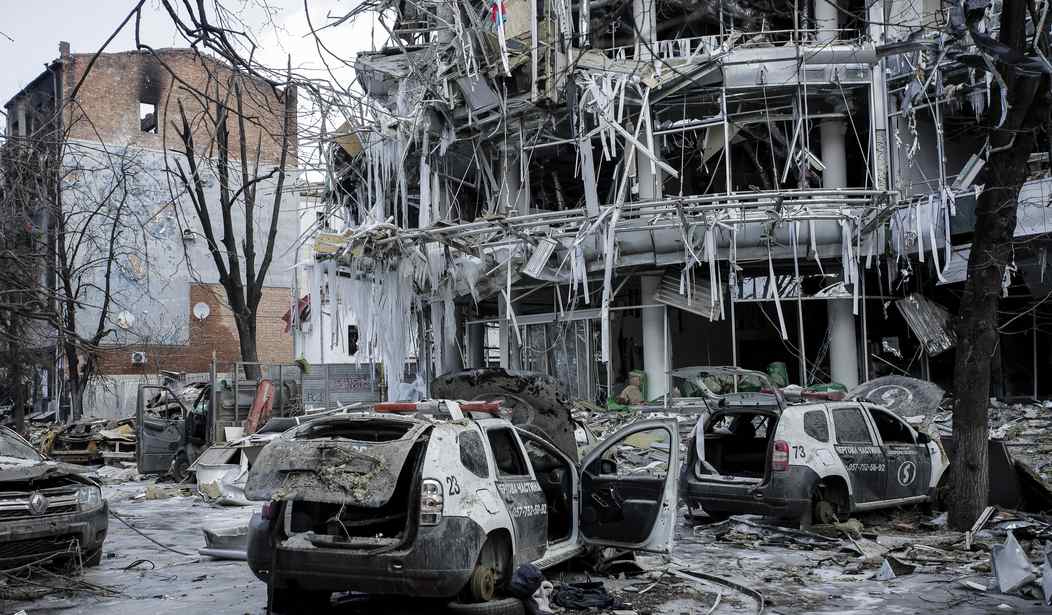After some small initial gains, the Russian army is getting bogged down in eastern Ukraine with “minimal, at best, progress” being made, according to an unnamed senior Pentagon official.
DOD News:
“We continue to see minimal, at best, progress by the Russians in the Donbas,” the official said. “They are not making the progress that they had scheduled to make and that progress is uneven and incremental.”
The Russians have had some minor gains east of the Ukrainian cities of Izyum and Popasna, the official said, adding that that progress has been anemic.
“What we saw there in Popasna is not unlike what we’ve seen in other hamlets in the Donbas. [The Russians] will move in and then declare victory and then withdraw their troops only to let the Ukrainians take it back. So, there was a lot of back and forth over the last couple of days,” the official said.
Rumors are flying that Russian troop morale is so low that officers are shooting soldiers who refuse to go to the front. Whether the story is true or not isn’t the point. What is obvious is that the Russian army is underperforming dramatically, and it’s costing them dearly.
Fox News:
More than a quarter of troops that Russia sent to fight in Ukraine are now believed to be “combat ineffective,” the United Kingdom announced Monday.
The startling statistic comes as Russia’s bloody invasion of Ukraine is in its 68th day. Prior to the assault from Vladimir Putin’s army, it was estimated that Moscow assembled around 150,000 soldiers to participate in the war.
“At the start of the conflict, Russia committed over 120 battalion tactical groups, approximately 65 percent of its entire ground combat strength,” the U.K. Ministry of Defence said in a tweet. “It is likely that more than a quarter of these units have now been rendered combat ineffective.”
It’s difficult to pinpoint exactly what the Russian army’s problems are.
The official said the Russian military is “still suffering from poor command and control, low morale and many units [have] less than ideal logistics.
The official also spoke of a “casualty aversion that we continue to see by the Russians now, not just in the air, but on the ground.”
“So very, very cautious, very tepid, very uneven work by them on the ground,” the official also said. “And in some cases, quite frankly, the best word to describe it would be anemic.”
Russian outlays for defense have gone up 175% since 2000. It doesn’t appear that Putin is getting much bang for his rubles. The fact that after 70 days, the Russians don’t appear to have ironed out their logistical problems, haven’t solved their command and control issues, and are still suffering from poor leadership, which is a direct cause for low troop morale, doesn’t bode well for the future of the Russian army in their war against Ukraine.










Join the conversation as a VIP Member